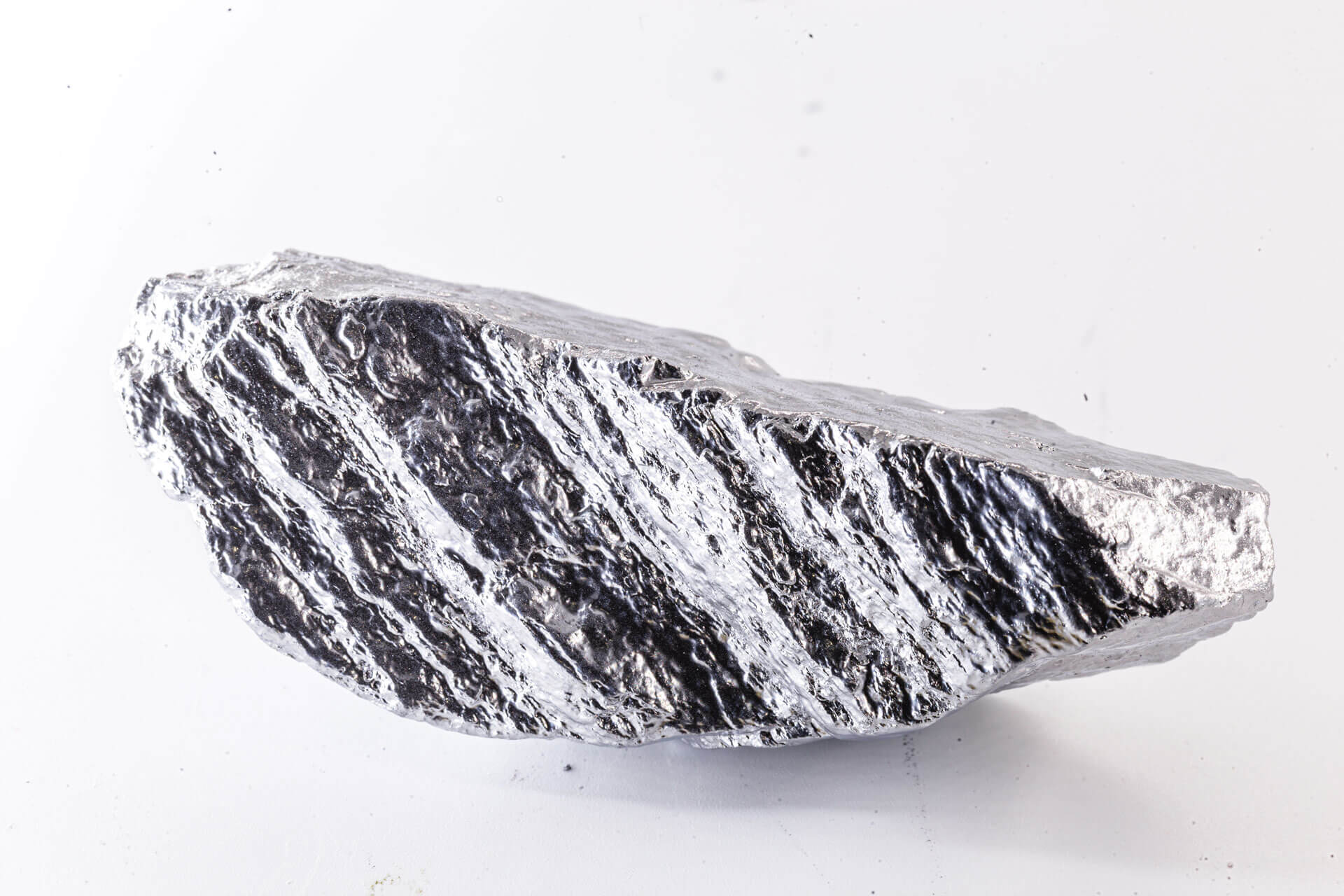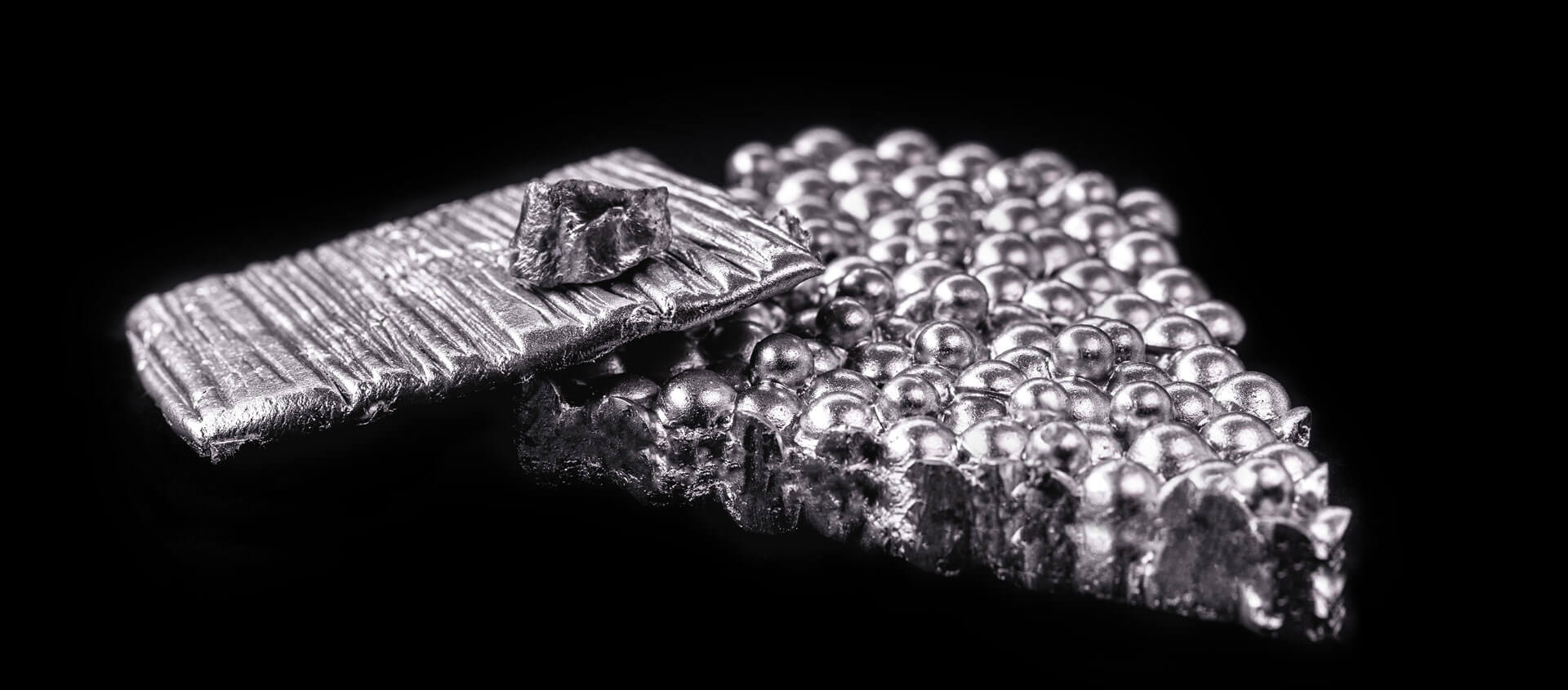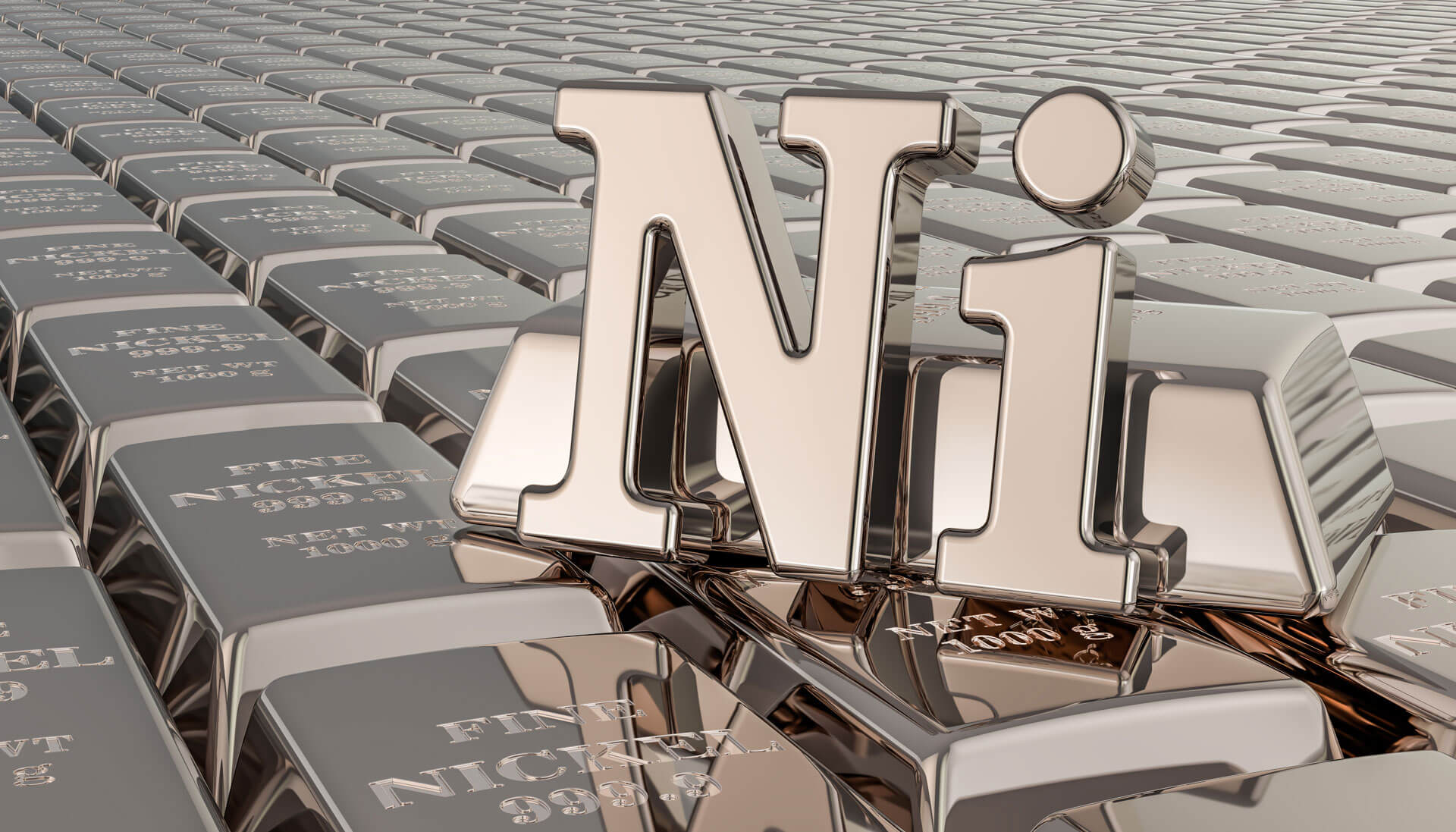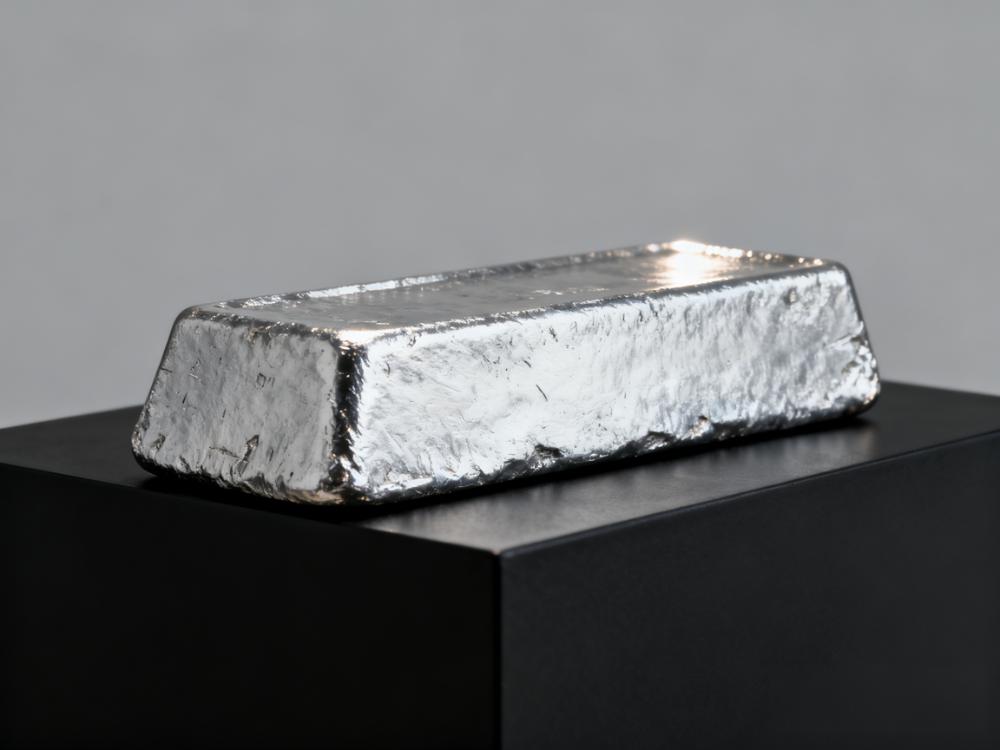SHANGHAI, Mar 5 (SMM) – The outbreak of the COVID-19 epidemic in South Korea and Japan has yet to take a substantial toll on production of electric vehicle battery and battery materials there, showed the latest SMM survey.
Japan’s Panasonic and PEVE, South Korea’s LG Chem, Samsung SDI and SKI were among the world’s top 10 EV battery producers in terms of shipments in 2019, according to data from SNE. The two countries are also home to many cathode materials producers.
But concerns linger as factories are likely to be closed if workers are found infected with the virus. Strict containment measures have been implemented and employees work from home following a spike in virus cases in the two countries in recent days.
It was reported that carmaker Hyundai Motor shut down a factory in South Korea last week after a worker tested positive for the new coronavirus. Tech giant Samsung Electronics last month briefly shut down a phone factory in South Korea, after one of its workers tested positive.
In South Korea, now the most virus-hit country outside of China, EV battery producers are maintaining normal production as LG Chem, Samsung SDI, SKI and other plants are not located in the virus epicentre of Daegu city and the surrounding Gyeongsangbuk-do province.
Production of cathode materials, however, face greater risks of shutdown as major producers—L&F, ECOPRO and POSCO ESM, are located in hard-hit regions. All the three plants of L&F, major cathode materials supplier to LG Chem, are situated in Daegu city and the surrounding Gyeongsangbuk-do province.
Japan now has fewer reported cases of the virus than South Korea. It has about 200,000 mt of cathode materials capacity, with nearly 75% controlled by Sumitomo, Nichia Chemical, and BASF TODA. Major plants are located in regions nearly untouched by the virus.
South Korean and Japanese EV battery makers and battery materials producers are major buyers of Chinese ternary materials, ternary precursors and lithium salts. Data showed that over 97% of China’s ternary precursor exports and over 96% of lithium hydroxide exports were shipped to South Korea and Japan in 2019.
China exports about 25% of its monthly production of ternary precursors, while the ratio is above 60% for lithium hydroxide. China is the world’s largest lithium hydroxide producer in terms of smelting capacity.
The lion's share of China’s ternary precursor exports went to South Korea. In view of growing cases in South Korea, Chinese producers are increasingly concerned about their export businesses which now maintain normal. The epidemic has disrupted export business at GEM, which is located in the epicentre of Hubei. GEM accounted for 5% of China’s ternary precursor exports to South Korea and Japan.
As for lithium hydroxide, major Chinese producers still see their export business operating normally, as consumers in South Korea and Japan remain opened and as long-term contracts for the first quarter are not affected. China exported 46,000 mt of lithium hydroxide last year, with about 60% shipped to Japan and 35% to South Korea, according to SMM calculations based on China customs data.



